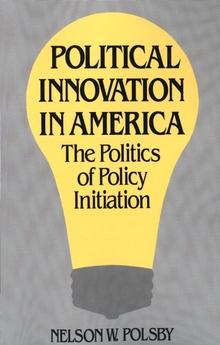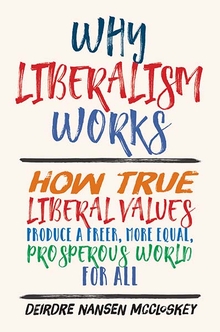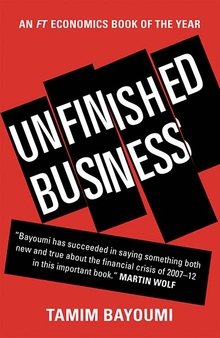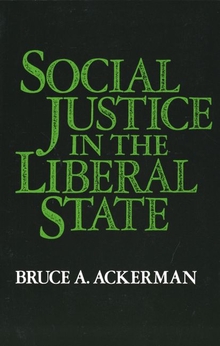Taxation and Democracy
WARNING
You are viewing an older version of the Yalebooks website. Please visit out new website with more updated information and a better user experience: https://www.yalebooks.com
Swedish, British and American Approaches to Financing the Modern State
Sven Steinmo
Taxation and Democracy is the first book to examine the structure, politics, and historic development of taxation policies in several countries. Comparing three quite different political democracies—Sweden, Britain, and the United States—the book provides a powerful account of the ways these democracies have managed to finance their welfare programs despite widespread public resistance to taxes. Sven Steinmo argues that the different political structures of these countries produce varying tax systems and, by extension, differing social policy regimes.
According to Steinmo, all democracies face a basic dilemma—how government can be both autonomous and responsive to public wishes. This dilemma is a crucial factor in explaining their different tax systems. In the United States, for example, the system of multiple checks and balances and fragmented political authority has led to a tax system that is complex, inefficient, and has a low revenue yield. Sweden's corporatist model of government is less responsive to the will of the masses, and so the country has a surprisingly regressive tax system that is stable, efficient, and has a high revenue yield: its working class basically agrees to accept a heavy tax burden in exchange for heavy social welfare spending. The British government, which is dominated by strong parties, can virtually dictate tax policy preferences to the Parliament, and so its tax system is highly unstable, as is the distribution of tax burdens among classes. Steinmo demonstrates that the "New Institutionalism" can account for both historic continuities and political change—that common economic and political forces confronting these countries in the twentieth century were shaped by each country's changing political institutions. His study thus makes an important contribution to comparative political theory as well as to our understanding of the development of the modern welfare state.
According to Steinmo, all democracies face a basic dilemma—how government can be both autonomous and responsive to public wishes. This dilemma is a crucial factor in explaining their different tax systems. In the United States, for example, the system of multiple checks and balances and fragmented political authority has led to a tax system that is complex, inefficient, and has a low revenue yield. Sweden's corporatist model of government is less responsive to the will of the masses, and so the country has a surprisingly regressive tax system that is stable, efficient, and has a high revenue yield: its working class basically agrees to accept a heavy tax burden in exchange for heavy social welfare spending. The British government, which is dominated by strong parties, can virtually dictate tax policy preferences to the Parliament, and so its tax system is highly unstable, as is the distribution of tax burdens among classes. Steinmo demonstrates that the "New Institutionalism" can account for both historic continuities and political change—that common economic and political forces confronting these countries in the twentieth century were shaped by each country's changing political institutions. His study thus makes an important contribution to comparative political theory as well as to our understanding of the development of the modern welfare state.
Sven Steinmo is associate professor of political science at the University of Colorado at Boulder.
"Students of the modern state will want to consider the lessons of this important book."—Paul Pierson, Political Science Quarterly
"A fast-paced, well-written book that makes interesting comparisons. . . . Steinmo's book would be an excellent choice for an undergraduate course in comparative public policy."—Michael Wallerstein, American Political Science Review
"This volume offers a refreshing and novel perspective to tax economists, steeped only too often in the narrow technicalities of their subject. . . . Fiscal economists will benefit from this compact volume and will be enriched by its spirited and novel perspective."—Richard A. Musgrave, Journal of Economic Literature
"It not only informs but engages the reader, stimulates comparisons among different cultures and political institutions, and provokes thought about where current trends are leading."—Naomi Caiden, Society
Winner of the Gabriel Almond Award given by the American Political Science Association for the Best Book in Political Economy
ISBN: 9780300067217
Publication Date: September 25, 1996
Publication Date: September 25, 1996
302 pages, 6 x 9
20 b/w illus.
20 b/w illus.








